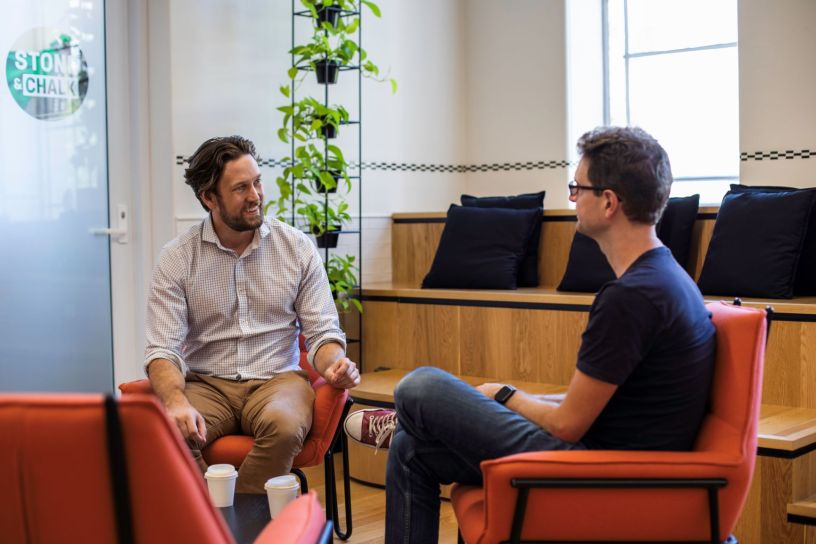Robots may have a long history of starring in movies but there is still some way to go before they make their presence felt as scriptwriters, according to researchers.
At next week’s Screen Forever conference, Associate Professor in Applied Mathematics at The University of Adelaide Dr Lewis Mitchell will share his findings that show the potential of AI to be used in the development process of scripts to tell original stories and predict box office success.
Speaking ahead of the session, dubbed ‘Can Robots Write Successful Movie Scripts?’ Dr Mitchell tells IF while AI can currently generate ideas, human nuance is still required when it comes to putting together a story.
“We’ve found the AIs can construct correct sentences and put words together but they don’t have the idea of the long-term arc of a story yet,” he says.
“In the session, we talk about how AI can jam random concepts together to create new ideas but we still need humans to generate those stories.”
As part of a paper published in 2016, Dr Mitchell and colleagues used AI to classify the emotional arcs of 1,327 stories from Project Gutenberg’s fiction collection, and found they were dominated by six basic shapes.
Speaking to IF, he says applying the same tools to film scripts has found a similarly small number of core shapes of stories, although there is less data to draw from.
“Even if you had a large public database for film scripts, it would be a fraction of what was available on Project Gutenberg for novels, or what you would have from Wikipedia,” he says.
“As we collate more and more data sets into the future that AI can detect patterns in, the better we will be able to predict whether a film will be successful based on its script.”

The Screen Forever session will be moderated by Anton Andreacchio, who founded the post-production company Artisan Post Group with his brother Carlo and Michael Darren.
Having collaborated with Dr Mitchell on bringing the research to the film space, Andreacchio, who is also the MD of Jumpgate VR, says he expects AI to be included in script-writing software within “the next five to ten years”, adding the goal was to “work smarter” with producers in Australia.
“It’s very hard to tell where this stuff is going and what it is useful for and what is not,” he says.
“From our perspective, it’s about how these tools help the development process.
“If you talk to a producer in Australia, which we do, you find that development is notoriously underfunded in the country.
“One of our main focuses is how to work with producers and ask what challenges they are having, so we can see if there are some tools we can test to see if there is value in answering them.”
Andreacchio is based at Adelaide’s Lot 14 innovation hub, which houses the Australian Space Agency, the Australian Institute for Machine Learning, the Cyber Collaboration centre, and a ‘creative industries’ cluster incorporating a range of startups.
He said the “chaotic intersections” of the site had allowed for greater fluidity in collaborating sections of the film industry.
“There are some film producers that are co-located with us, so it is really good fun to able to tell them while also seeing what they are up to,” he says.
‘Can Robots Write More Successful Scripts?’ will be held from 1:45pm-2:30pm (AEDT) on Thursday, February 18. Click here for more information.


